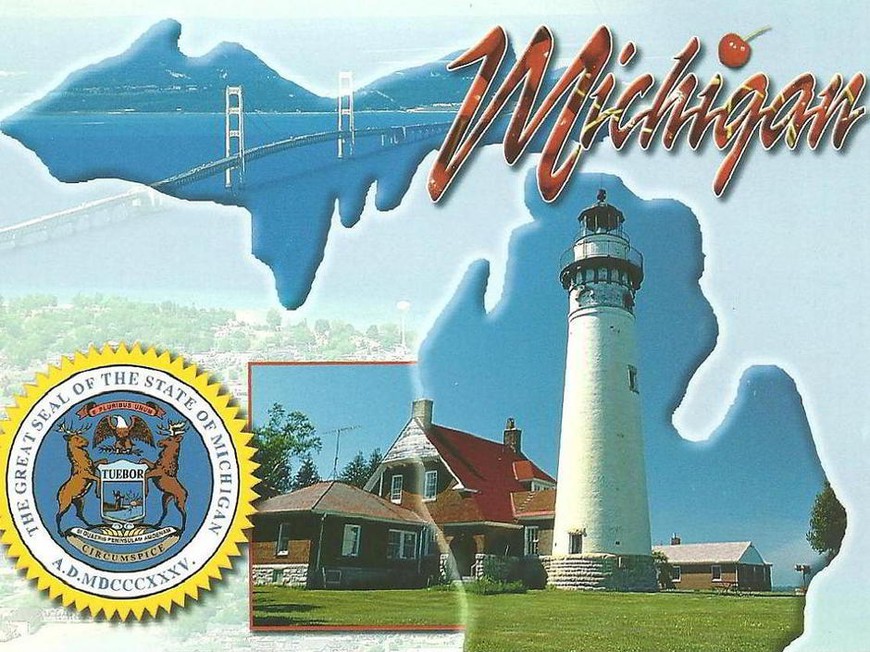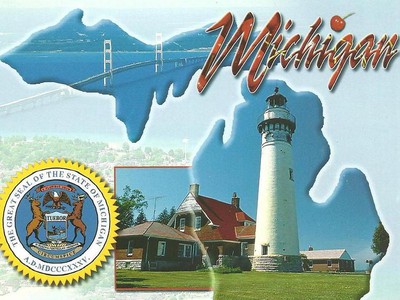

- The Michigan Gaming Control Board (MGCB) announced last week that it has issued 161 “millionaire party” licenses for charitable poker events since emergency rules were implemented in July.
- Millionaire parties are authorized poker tournaments which are held for the benefit of charities.
- The current “emergency” rules for such licenses were approved by the Governor after litigation put an end to proposals to re-write the rules.
The Michigan Gaming Control Board (MGCB) announced last week that it has issued 161 “millionaire party” licenses for charitable poker events since emergency rules were implemented in July.
Millionaire parties are authorized poker tournaments which are held for the benefit of charities. The 161 licenses allow for over 500 event days of poker to be held within the state.
“[W]e expect that number to continue to grow as charities and suppliers become more familiar with the emergency rules,” according to the MGCB.
The current “emergency” rules for such licenses were approved by the Governor after litigation put an end to proposals to re-write the regulations. The new rules which would have circumscribed the issue of licenses were due to come into force in September 2013. They were immediately met with widespread opposition and a compromise agreement was finally reached in January this year.
“We really wanted to make sure we could still allow charities to do the fundraising, but we found quite a bit of fraud and charities that were taken advantage of, and charities that didn’t want to take ownership of it,” explained Rick Kalm, Executive Director of the MGCB.
New Rules Blocked
The new rules were subsequently blocked in June this year after a state Court of Claims judge granted an injunction against their enforcement Just days after, Governor Rick Snyder authorized the emergency rules which have resulted in the licenses which have been granted so far.
In April 2012, Snyder signed an Executive Order to transfer regulation of the so called “millionaire parties” from the Michigan Bureau of State Lottery’s Charitable Gaming Division to the Executive Director of the Michigan Gaming Control Board.

